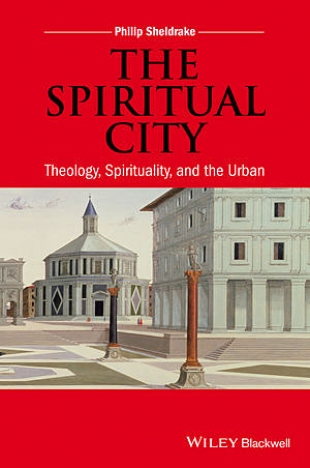In his introduction to this paperback, Philip Sheldrake, Senior Research Fellow, Wescott House, Cambridge Theological Federation, writes:
"Cities have a vital role in shaping the human spirit for good or for ill. They represent and create a climate of values that define how we understand human existence and gather together into communities. Conversely, our understanding of what enhances the human spirit shapes the environments we build. As a consequence, their future is not merely social or economic matter but is also a profound spiritual challenge."
Given the fact that more people now live in cities than ever before, it is imperative that Christians offer their views on the role of spirituality in urban life. Other questions which need to be addressed are: What makes a sacred city or a good city? What can religions contribute to human flourishing in an urban environment, especially in those which are radically multicultural and multireligious?
Sheldrake begins with a scholarly survey of cities influenced over the past thousand years by Christianity. He covers St. Augustine’s City of God, Christian monasticism, the city as a sacred place in the Middle Ages, and positive visions of cities from the Protestant and Catholic Reformations. He also looks at Richard Sennett’s writings on urban centers along with those of Thomas Merton and the French Jesuit social scientist and historian Michel de Certeau.
In the second half of the book, Sheldrake discusses theology and spirituality in confluence with place, the nature of community, the practice of hospitality to strangers, and the idea of "Urban Virtues." He concludes that the most sacred cities will be the ones where solidarity "grows from our commitment to a process of making meaning, creating values and negotiating a common ethical and spiritual vocabulary."
